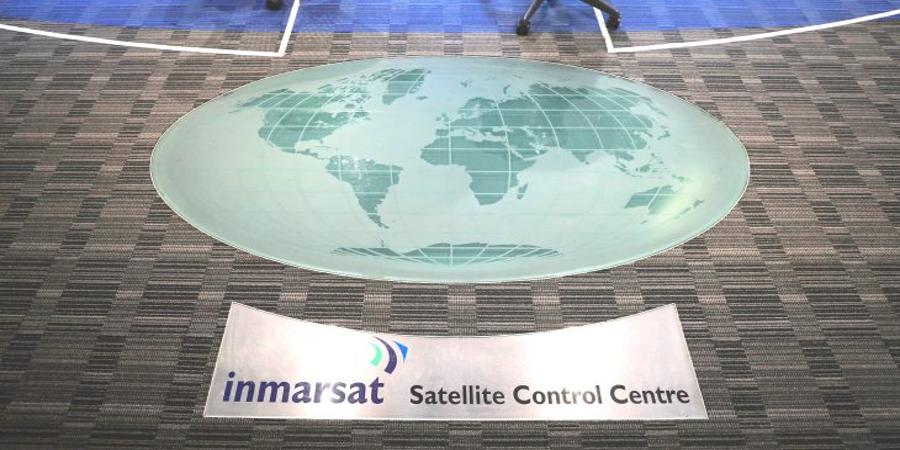The U.K.’s Competition and Markets Authority (CMA) has provisionally cleared the proposed $7.3 billion merger between London-based satellite company Inmarsat and its U.S. rival Viasat.
The two companies, which offer myriad satellite services spanning everything from in-flight Wi-Fi to military use-cases, first announced their merger plans back in November, 2021. However, given the size and nature of the deal, it has faced significant scrutiny, particularly in Europe.
Indeed, today’s news comes some five months after the CMA first confirmed plans to probe the deal on competition grounds, shortly after the U.K. government had finally rubberstamped the deal and concluded that it posed “no risk” to national security. Then a few weeks back, the European Commission (EC) revealed it was launching an in-depth investigation into the merger, noting that it was concerned the deal “may allow Viasat to reduce competition in the market for the supply of broadband in-flight connectivity.”
This concern, that the merger could lead to pricier in-flight Wi-Fi, was what led the CMA to launch its initial probe too. However, it has now said that a slew of newcomers, as well as long-established incumbents in the space, means there will be sufficient competition if Inmarsat and Viasat join forces. The CMA pointed specifically to Elon Musk-owned SpaceX, which operates Starlink, as one of the notable competitors in the space, a company which has launched thousands of low-Earth orbit (LEO) satellites and has already inked major commercial deals with airlines, as well as partnerships with network operators such as T-Mobile.
“This is an evolving and rapidly expanding sector, in which there have been significant developments even during the course of our 4-month investigation,” Richard Feasey, chair of the CMA’s independent inquiry group, said in a statement. “We see this continuing as demand for satellite connectivity increases. While Viasat and Inmarsat compete closely, the evidence suggests that the merged company will face significant competition in the coming years — from both emerging players like Starlink and from established firms like Intelsat and Panasonic.”
Today’s announcement is provisional, with the CMA opening up a final consultation phase where it said it will accept further input from stakeholders. It said that it expects to reach a final decision by the end of March, 2023.
Source @TechCrunch



